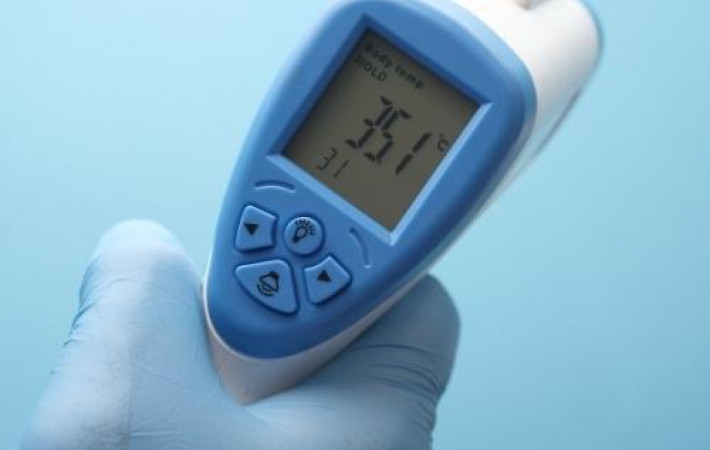
From carrying out temperature checks to refusing to return to the workplace, our employment lawyer Tom Martin guides us through these uncharted waters
The health and safety of staff returning to the workplace must be a priority for employers as the uncertainty over COVID-19 continues.
But what is the best way of dealing with anxious employees as they step back into workplaces up and down the country.
Should bosses take a hard line against those who are reluctant to return? This weekend it was reported how Pimlico Plumbers entrepreneur Charlie Mullins fired staff who refused to return to work after ending his company’s use of the government’s furlough scheme. In taking this decision, Pimlico said around 30 people had lost their jobs through voluntary redundancy or their employment had been terminated.
Serious questions raised
The case raises a serious question for employers. And it comes at a time when more and more people are returning to a ‘new normal’ at offices, factory floors, yards and countless other workplaces across the country. While legal action against those who refuse to return to work is one option, it should be the very last port of call.
“Employees may refuse to go into work if they reasonably believe there is a serious and imminent danger to their health and safety, which will likely arise if they do not believe the workplace is COVID-secure”
Our employment lawyer Tom Martin
“They are all, and not just those who’ve been shielding, entitled to take steps to protect themselves if they reasonably believe themselves to be in serious and imminent danger.
“Yes, if employers have carried out risk assessments and made the workplace as COVID-secure as possible, then anyone who still refuses to return to work may be deemed ‘unreasonable’ but even so working from home, unpaid leave, use of holiday entitlement or a continuation of furlough should be considered ahead of more drastic action.”
“I advise employers to have an open dialogue with the employee in question to fully understand their concerns, and where possible, to try to alleviate them.”
Temperature checks
There may be other measures that are being considered, says Tom – one being employee temperature checks for those who are not entitled to NHS drive-through coronavirus testing.
But this especially raises complex legal issues involving both contracts and data protection, he warns. Most employers should be considering these factors as part of their COVID-19 risk assessments, with workforce wellbeing being the top priority.
Tom’s tips
Employers should be aware of the following points when considering temperature checks:
There’s no government requirement to check temperatures – so staff can refuse unless there are specific clauses in their employment contracts (see below).
Employers must remember that a high temperature is just one coronavirus symptom and they must not see temperature testing as the sole way of discharging other health and safety duties.
Bosses who want to monitor employees’ temperatures should explain the current coronavirus advice, their concerns and risk management strategy.
Get employment contracts checked – some will contain clauses that oblige employees to undergo drugs testing, providing a sample, of urine, hair, saliva or blood etc. Depending on the wording of the clause, taking a temperature might be covered within that.
It may be that the ‘implied terms’ in employment contracts cover such testing. For example, contracts may include a clause that says staff should ‘comply with a reasonable request from their employer’.
Consult returning employees on the risk assessments where possible. They may want reassurance that the workplace is safe, and staff representatives may suggest temperature testing during coronavirus risk assessments.
If employees don’t agree and there is no contractual right for employers to take temperatures, then it shouldn’t be done. Certainly, an employer should not try to force employees into having their temperature taken, or issue threats of suspensions, disciplinary or dismissal processes.
Be aware of data protection
Tom is also keen to ensure employers are aware of the Data Protection (GDPR) issues that such testing may give rise to.
“They must remember that any processing and storing of information about employees, and this includes testing, needs to comply with the GDPR and the Data Protection Act 2018,” he says.
“The results of this testing will be considered ‘special category personal data’, and so it should be dealt with cautiously and in line with the employer’s policies on data protection.”
This should also be considered if an employee is tested through the government’s test and trace. Correspondence, including emails about such tests may also be considered ‘special category personal data’ under current data protection laws.
Just ask
Need advice on this or any other aspect of employment law? Email Tom on tom.martin@wilkinchapman.co.uk or call him on 01522 515 007

Contact Tom to discuss this further.